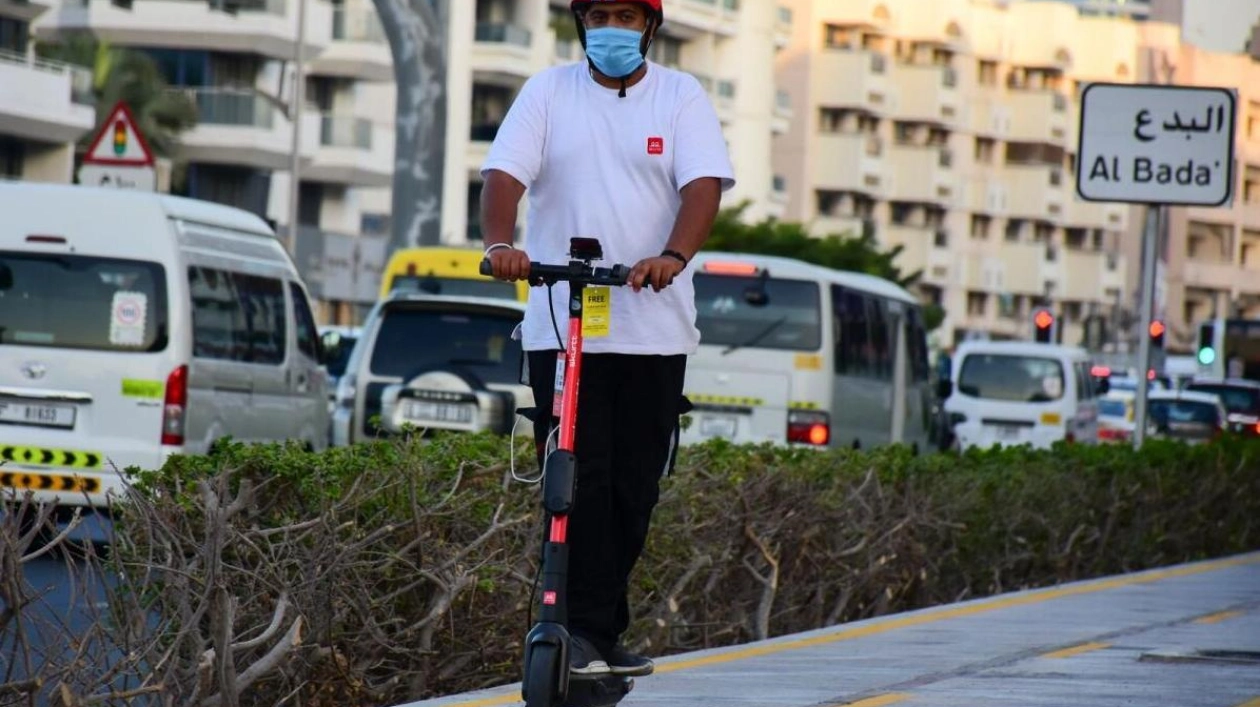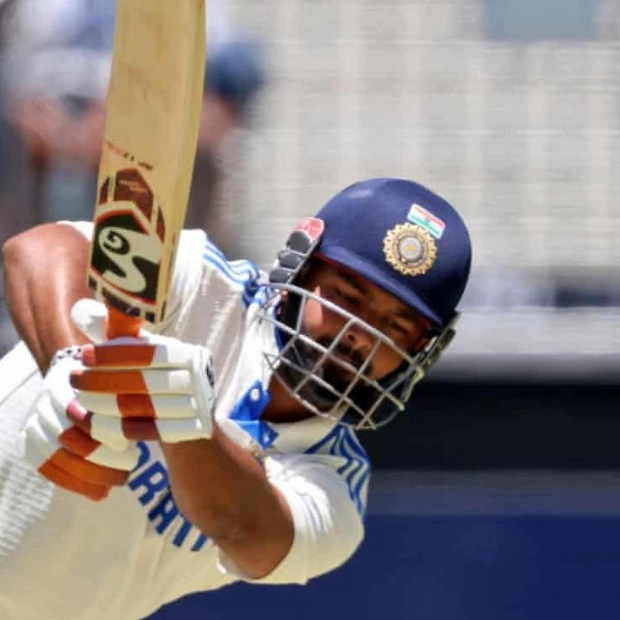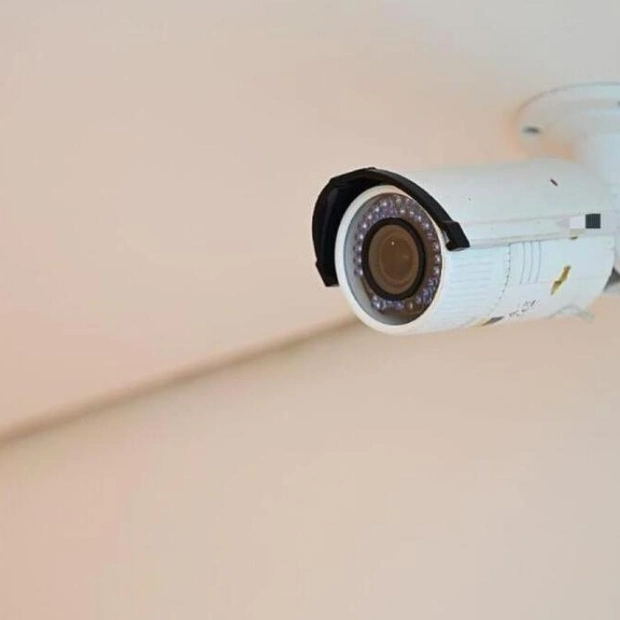E-scooters and mopeds pose a threat to both motorists and pedestrians due to their lack of registration and insurance coverage. This situation raises a critical question about who will be responsible for the costs incurred in accidents involving these vehicles. In Dubai, from January to June 2024, four people were killed and 25 were injured in various accidents involving e-scooters and bicycles. During this period, the Dubai Police recorded over 7,800 traffic violations and seized 4,474 e-scooters and bicycles, translating to approximately 43 violations and 24 seizures daily.
In scenarios where the vehicle owner is at fault, Gautam Datta, CEO of Watania International Holding, explained that if the driver has comprehensive motor insurance, the insurer will cover damages to both the vehicle and the e-scooter rider. However, with third-party motor insurance, the insurer will only cover damages to the e-scooter, leaving the driver responsible for their own vehicle's damages.
If the e-scooter rider is at fault, Datta noted that the car driver's insurance company will compensate the driver, regardless of whether they have comprehensive or third-party insurance. In certain cases, the insurance company may then pursue legal action against the at-fault rider to recover their losses. If the e-scooter rider is injured and at fault, the vehicle owner is not liable for the rider's injuries.
Anas Mistareehi, CEO of eSanad, further explained that damages to the e-scooter are generally not covered by the car's insurance, leaving the e-scooter owner to bear the repair costs unless otherwise privately agreed. He also mentioned that if the e-scooter rider is injured and at fault, the vehicle owner is not penalized or held responsible, and the rider's own insurance policies would cover their injuries.
Regarding insurance coverage for e-scooters, Mistareehi highlighted that insurers in the UAE do not currently offer specific policies for e-scooters and mopeds. However, with the increasing use of these vehicles, especially in urban areas, there is a need for insurers to develop such policies. He emphasized the importance of insurers creating non-traditional insurance products to meet emerging market needs and adapt to changing lifestyles.
Gautam Datta also mentioned that insurance companies are considering new products to meet market demands, provided they can conduct a thorough risk assessment. Currently, due to the absence of regulatory requirements for licensing, insurance penetration in this segment remains low in the UAE.






